Question 1: Why did you choose LSE and the programme?
I chose the MSc in Philosophy of Science at LSE because it focuses on the intersection of science and philosophy, which aligns with my interest in David Hume’s theory of causation and its implications for the reliability of scientific knowledge. I am also intrigued by Karl Popper’s philosophy of science, especially his ideas on falsifiability. My undergraduate studies at Sun Yat-sen University in Philosophy of Science and Epistemology sparked my passion for these topics, and I believe LSE offers the depth and resources to further explore them.
Question 2: Which aspects of your studies were the most beneficial for your professional as well as personal development?
The most transformative parts of my studies were the courses that bridged philosophy with real-world science and social issues. Dr. Bryan Roberts’s courses on Einstein and uncertainty were a revelation, showing me the thrilling interplay between physics and philosophy. These classes sharpened my analytical skills and sparked a deeper interest in the nuances of scientific theories.
Additionally, Dr. Wu’s Philosophy of Race and Gender seminars created an open, stimulating environment that transformed my approach to research and academic discourse. They inspired me to think critically and connect with others on complex issues, helping me make lasting friendships and develop skills that are crucial both professionally and personally.
Question 3: What is your fondest memory of your time here?
My fondest memory is definitely the philosophy department retreat at Cumberland Lodge. The entire experience was incredibly relaxing, and I loved the decor—classic English style that made me feel like I had traveled back a few centuries. The evenings were packed with activities, and I was amazed by the talents of my classmates. One memorable night, I sang Coldplay’s ‘Yellow’ and Bruno Mars’ ‘Uptown Funk.’ We were all so happy and energized, and it was a fantastic bonding experience. That retreat not only deepened my connections with fellow students but also created unforgettable memories of laughter and music. I would highly recommend every student in the department to participate in this retreat; it’s an experience you won’t want to miss.
Question 4: Why would you recommend studying at LSE and the Philosophy department in particular?
As a academic representative, I highly recommend studying at LSE, especially in the Philosophy department, because of its incredible diversity and prime location. At LSE, you’ll meet classmates and professors from all over the globe, creating a vibrant and inclusive atmosphere. The school actively promotes diversity through initiatives like the Minorities and Philosophy (MAP) organization.
Being located in central London means you’re just steps away from iconic landmarks like the British Museum, Buckingham Palace, Chinatown, and the Big Ben. This setting allows you to immerse yourself in the dynamic life of a global city.
Academically, the Philosophy department stands out with its world-class faculty and high-profile lectures from leaders like the President of the Philosophy of Science Association. Engaging with such experts has deepened my understanding of philosophical issues and prepared me for future challenges. LSE is a place where diverse perspectives and ideas converge, making it an exciting and enriching environment to study in.
Question 5: Your LSE experience in your own words
I’ve lived in many countries around the world, and I’ve found that the biggest differences lie in the people themselves. At LSE, I encountered some of the most friendly and open-minded individuals I’ve ever met. The diverse community pushed me to think beyond my comfort zone and exposed me to perspectives from every corner of the globe.
Classes were intense and stimulating, often leading to late-night discussions with friends over coffee or exploring the city. One of my fondest memories is the department retreat at Cumberland Lodge, where I bonded with classmates over music and laughter.
Overall, my LSE experience was about more than academics; it was about embracing a global mindset and building lifelong connections. It prepared me not just for a career, but for a life enriched by diversity and exploration.


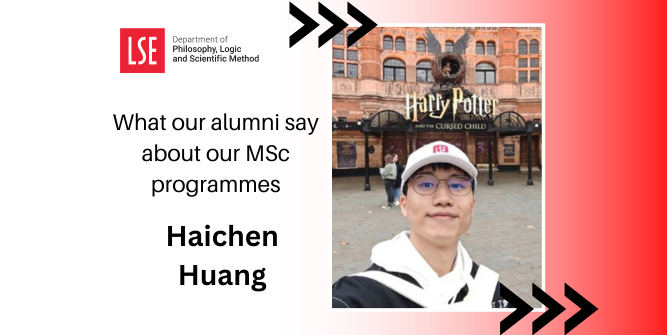
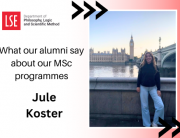
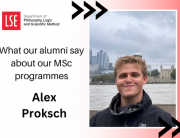
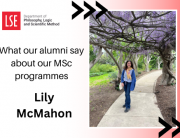
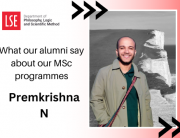
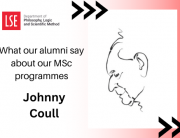
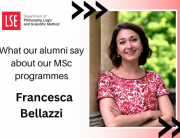
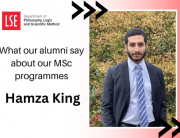
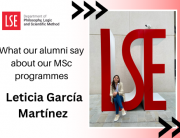
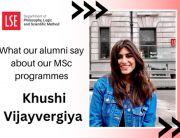
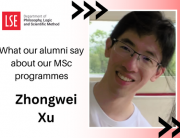
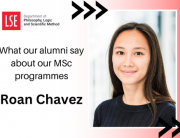
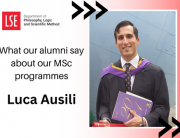
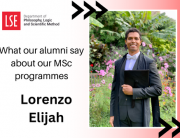
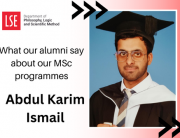
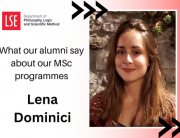
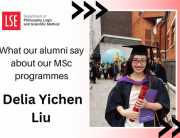
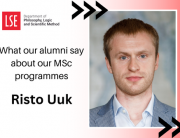
Connect with us
Facebook
Twitter
Youtube
Flickr